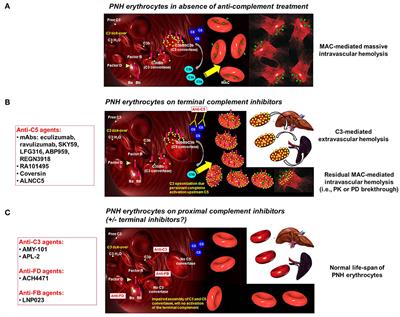EDITORIAL
Published on 09 Jan 2020
Editorial: Therapeutic Modulation of the Complement System: Clinical Indications and Emerging Drug Leads
doi 10.3389/fimmu.2019.03029
- 2,523 views
- 6 citations
55k
Total downloads
228k
Total views and downloads
Select the journal/section where you want your idea to be submitted:
EDITORIAL
Published on 09 Jan 2020
REVIEW
Published on 08 Nov 2019

REVIEW
Published on 01 Oct 2019

REVIEW
Published on 27 Sep 2019

REVIEW
Published on 30 Jul 2019

REVIEW
Published on 14 Jun 2019

REVIEW
Published on 15 May 2019

CORRECTION
Published on 03 May 2019
REVIEW
Published on 12 Apr 2019

REVIEW
Published on 03 Apr 2019

REVIEW
Published on 21 Mar 2019

REVIEW
Published on 12 Mar 2019


